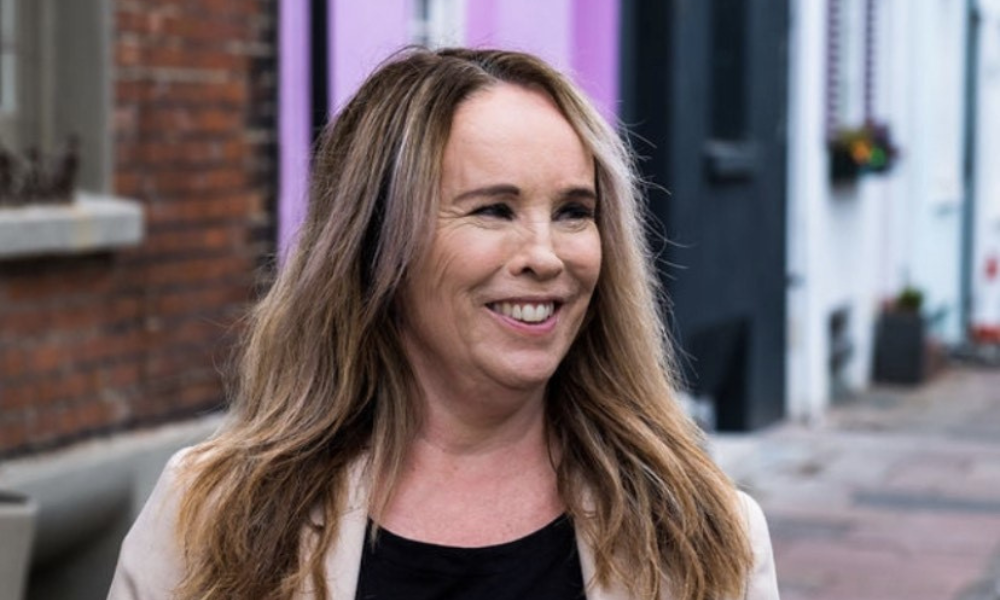Long 'hard done by,' entrepreneurs require unique analysis, particularly in a post-pandemic economy

Self-employed property buyers have long been a special case for mortgage financing, but after-shocks of the COVID-19 pandemic have complicated matters further.
As the pandemic eases, mortgage opportunities for entrepreneurs are in flux. Among some lenders, traditional wariness and a cookie-cutter approach to self-employed applicants is raising taller barriers. But experts in obtaining mortgages for entrepreneurs see opportunities as well, for specialty lenders and experts in evaluating the income prospects for reviving businesses.
A survey published this autumn by United Trust Bank found that 91% of brokers believe self-employed customers are marginalised by mainstream lenders.
United Trust Bank’s survey of brokers also found that 81% said their clients’ incomes have become more complex, as a growing portion of the UK workforce becomes either self-employed, a sole trader or having multiple income sources.
“Many applicants no longer fit traditional ‘tick-box’ criteria,” UTB director of mortgages Buster Tolfree said of the report, “and that group is only going to get bigger.”
How pandemic supports are penalising borrowers
Lyn Webb (pictured above), director of Mortgage Saving Experts, agreed that self-employed borrowers are being increasingly marginalised by lenders, in part because of the after-effects of pandemic lockdowns and illness.
“For example, it is the case that many self-employed individuals utilised the COVID grant when it was being offered to them. Now, when they are applying for a mortgage, lenders are looking at this grant and deducting it from income earned – meaning that they can borrow a lot less,” she said.
Similarly, Webb said that, in some instances, owners of companies that received Bounce Back loans are having these loans recorded as a personal commitment for the client, thus reducing the amount they can borrow.
Slow and steady wins the race
David Hollingworth (pictured below), associate director of communications at L&C Mortgages, agrees that self-employed borrowers have long felt that they have a harder time than employed borrowers when it comes to getting a mortgage.

“The requirements of lenders to see two to three years of an income track record in order to assess affordability naturally feels tougher than a salaried customer would need,” he said.
There is a good reason for this, Hollingsworth notes: lenders need to be able to demonstrate a stable income level to assess how much they can lend without overstretching the customer. This favours longer-established entrepreneurs.
“Those that have a longer track record will find that they should have a broad choice from mainstream lenders,” Hollingworth said. “Where the income can be demonstrated, mainstream lenders will be likely to have the keenest rates and will offer exactly the same rates as they do to employed customers.”
Flexible approaches to evaluation
Those criteria may feel restrictive to those who are more recently self-employed, for example he pointed toward when building up two years of accounts or self-assessments.
At the heights of the pandemic, Hollingsworth said, some lenders showed greater flexibility in looking at a business’s performance during lockdowns alongside the track record to evaluate affordability.
“Since then, they have reverted back to the standard approach, when an ability to consider current income levels could have potentially injected some additional flexibility,” Hollingworth said.
He believes this is where specialist lenders can come into their own with a more individual approach to understanding the income makeup.
“That is not impossible with mainstream lenders – and is where advice is so crucial to correctly identify whether the solution lies with the high street, or requires a specialist that will welcome more complex scenarios,” Hollingworth said.
Read more: "Mortgage accessibility for self-employed only becoming harder"
Comparing apples to apples – before and after
Tolfree commented: “Many applicants no longer fit traditional ‘tick-box’ criteria and that group is only going to get bigger. The way people earn their income or incomes has and will continue to change. As such, income criteria will be an increasingly important factor for brokers when choosing where to place their cases.
When assessing the role of the COVID-19 support grant and loans in a business’s financial health, Webb said it is down to lenders and underwriters to investigate whether an applicant’s income dropped dramatically during the pandemic and whether they were unable to work.
Webb agreed that conditions are still unfavourable for self-employed borrowers, but said some lenders are moving now to concentrate on the last three months of business bank statements to judge whether a client’s income has returned to levels seen prior to the pandemic.
“Lenders should be fairer to those clients because they have to pay tax on the grants they were given,” she said. “And those clients only claimed the grants on the advice of their accountants in many cases in order to replace lost income.”



